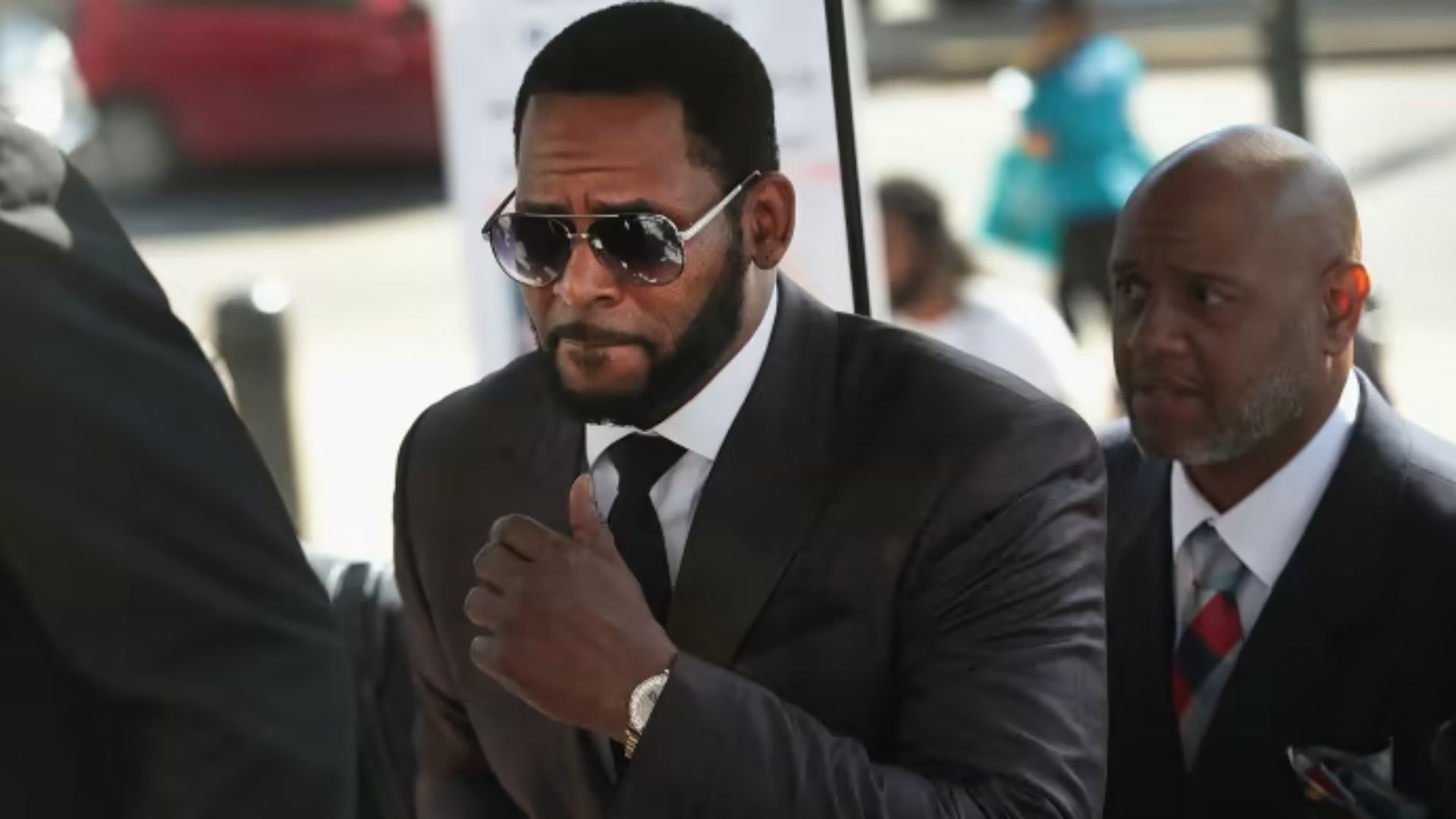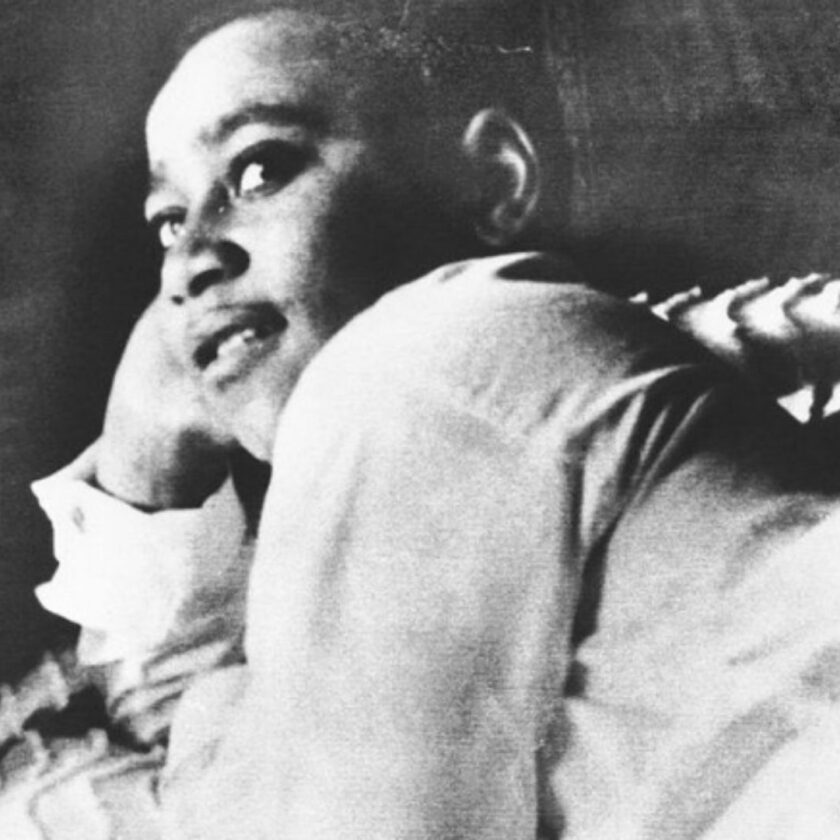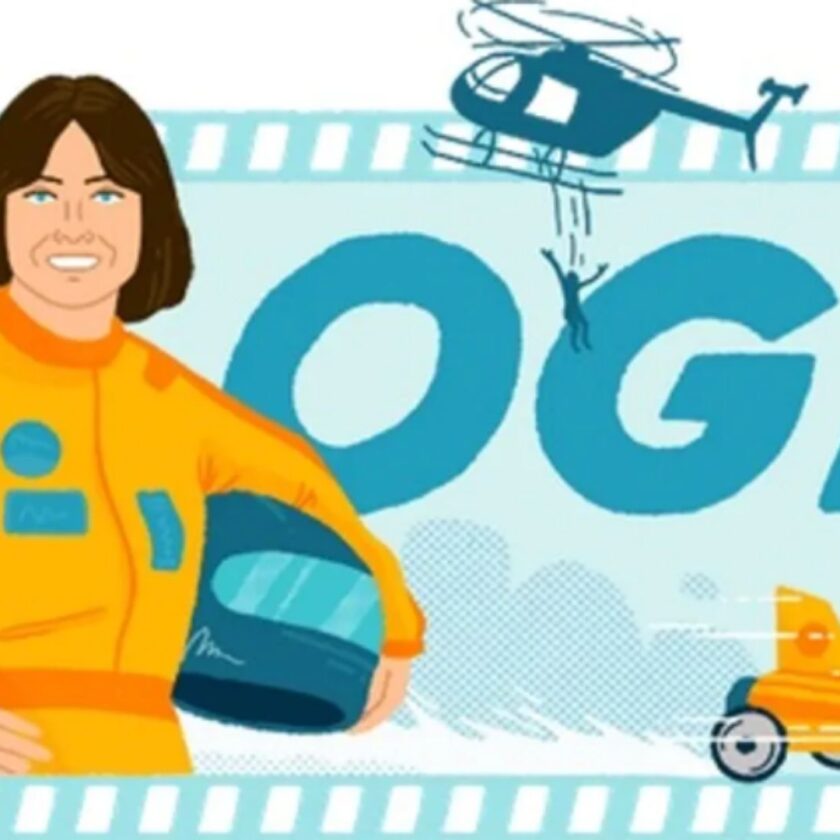A New York judge condemned R&B singer Robert Kelly to 30 years in prison for sexual maltreatment offences and racketeering.
Kelly, referred to as R Kelly, was sentenced last September by a federal jury in Brooklyn on nine charges against him related to sex trafficking and racketeering, including physically taking advantage of minors.
Breon Peace, the US lawyer for the eastern district of New York, said Kelly “utilized his distinction, fortune and enablers to prey on the youthful, the vulnerable and the voiceless for his sexual gratification, while many turned a visually impaired eye”.
Prosecutors said Kelly — with the help of his entourage, which included managers, bodyguards and others — had for nearly thirty years leveraged his situation to maltreat ladies and girls. A report from BuzzFeed in 2017 said he had held ladies in a “clique-like” setting, requiring them to request his permission to eat or utilize the bathroom.
Kelly displayed an “unfeeling disregard for the pulverization his crimes had on his casualties and has shown no remorse for his direct”, Peace said in an explanation.
Kelly had to deal with at least ten years in prison. Government prosecutors asked US District Judge Ann Donnelly to force a prison sentence of more than 25 years. Kelly had argued that it was not blameworthy, and his lawyers said he planned to bid against the verdict.
Kelly’s condemnation came a day after a separate New York judge condemned Ghislaine Maxwell to 20 years in prison after being condemned for her years-long role in helping, and on occasion, participating in, the sexual maltreatment of underage girls by her former partner Jeffrey Epstein.
Kelly had been one of the most commercially effective artists of the 1990s and 2000s, with hits including “I Think I Can Fly” and “Start”.
The blameworthy verdict last harvest time was broadly regarded as one of the most high-profile criminal convictions in modern music history. It had revealed insight into a portion of the industry’s practices, largely overlooked claims and allegations of maltreatment by the singer stretching back to the 1990s.
After the verdict last year, YouTube shut down his authority video channels on its site, marking the first huge move to remove his music from the internet.
“For nearly 30 years, Kelly and his accessories hushed his casualties through bribery, terrorizing, extortion and actual savagery, sure they were insusceptible to equity,” said Steve Francis, acting leader partner director at Homeland Security Investigations. “The present sentence is a victory which has a place with the survivors of Kelly’s maltreatment.”




